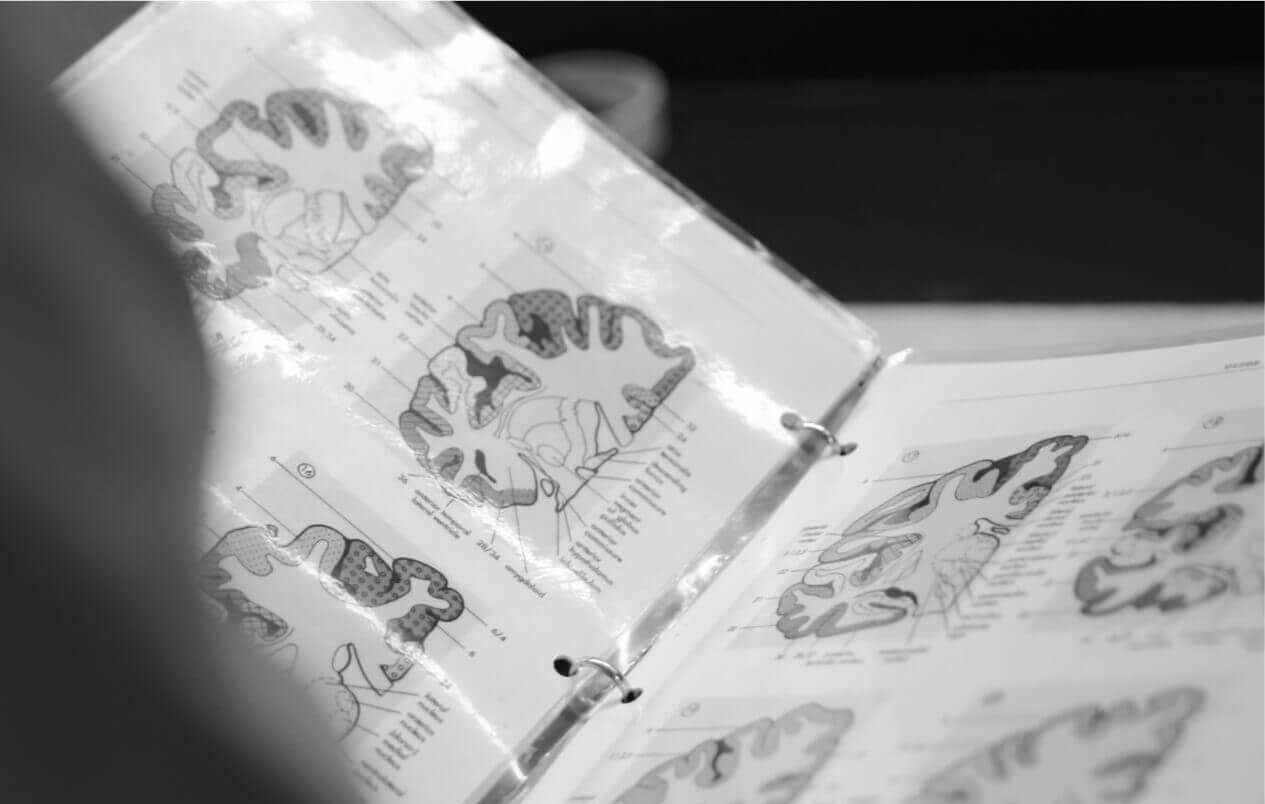They’re the reason we’re in the science of supporting science
Ever feel like you need your faith in humanity restored? Wondering what brilliance is percolating in the minds of our youth? Desperately hoping that intelligent people will discover medical breakthroughs to solve the leading cause of disability in the U.S? There is an ultra-inspiring event in this country every year that knocks our socks off in its illustration that super smart people have their heads and their hearts in exactly the right place.
It’s the annual meeting of the Society for Neuroscience – a gathering of tens of thousands of neuroscientists (a large portion of which are students or post-docs) working to advance the science of brain disease. Respectfully, you’d expect an onslaught of geeks. We did. Thought it’d be tough to interact, engage on the relatively non-clinical topic of brain donation. Instead, we found passionate, enthusiastic, purpose-driven people who are hell-bent on finding answers for neurologic disorders.
We were there to make sure they know about the critical need for brain donation so they have the resources they need once their studies get to that point. They are often there to present their findings in the form of a poster they compete to talk about. You can spot them hauling the carrying tube across their back. So, just for grins, we would stop them and ask if they presented and how it went. The next question led to moments of beauty that are seriously hard to describe.
When we asked what he or she was working on – they lit up. Suddenly stopped and delivered eloquent, passionate “elevator speeches” on a disease they were working hard to cure. It was frequently beyond what we could comprehend, being non-scientists. Except that we could. We absolutely understood their determination. Purpose. Radically active learning and sharing. And it left no question that our future is in amazingly good hands.
The Society for Neuroscience meets again next week in Chicago. We’ll be there again to participate in the science of supporting science. And we can’t wait to ask a few questions.



